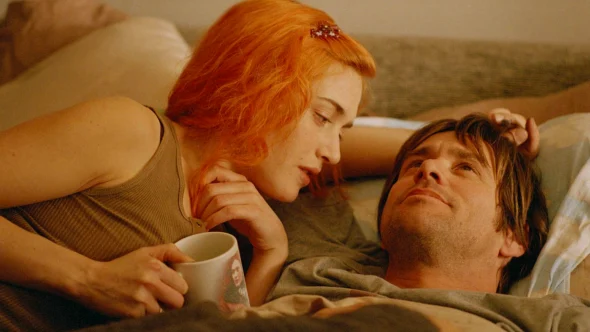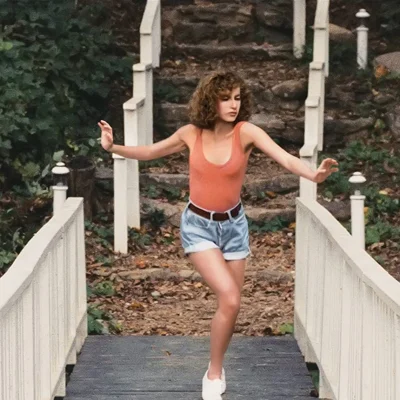
Stella Meghie is a new Academy member and the director behind films including "Jean of the Joneses," "The Weekend" and "The Photograph." Read about Stella's journey and career here.
Growing up, I was more into capital-E entertainment, going to see Batman. After I moved to New York, I got a little more cultured and hung out with a lot of artists, so ended up getting into more independent cinema. I became a cinephile when I moved to New York.

It probably could be interchangeable with All About My Mother or any other Almodóvar movie. I watched this particular movie when I first went to school. It affected me as a filmmaker because it showed women that I recognized, even though I’m Jamaican and those women were Spanish. Almodóvar just wrote these characters that felt like my aunts and my mom. He was able to make an elevated, soapy kind of film that merged genre and sophistication with everyday story. That, I think, changed my perspective as a filmmaker because I felt like it was close to what I wanted to do.

This movie very much affected me because when I saw it for the first time, it gave me this permission to show the kinds of women that I knew, friends that I knew, women like me—to have a more cerebral Black woman figuring things out onscreen. It was in black-and-white and I was obsessed with French New Wave. To be able to see myself in a film that aesthetically was so exciting to me changed me as a filmmaker.

It’s a movie I watch all the time just because every single time, it’s still so beautiful and so subtle. The pacing and the score really affected me.

This is one that my friends make fun of me for always having on in the background, but I love it. I’m such a nerd. I went to Rome and did a tour, by myself, of all the places that the lead went. Going to the Orange Garden was one of my favorite things. Just the camera movement and the grandeur of everyday life in Rome and the elegance. I just feel like filmmaking doesn’t get any better.

I love romance, and this one showed me how intelligent and psychological and unorthodox a romantic film could be. And at school, I wanted to be Charlie Kaufman so badly. He was just one of those writers who was famous to me. He wasn’t a director at the time; he was just such a quintessential writer and wrote such smart, interesting characters.







